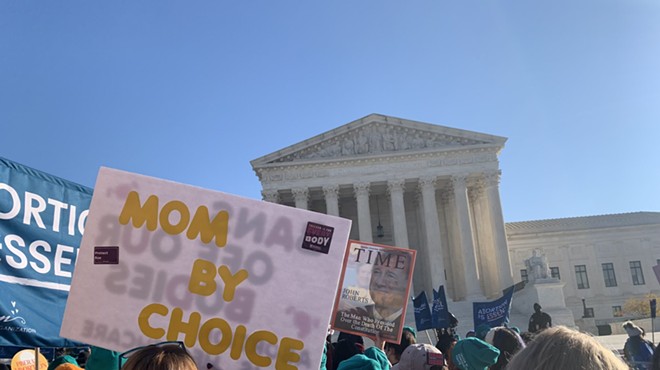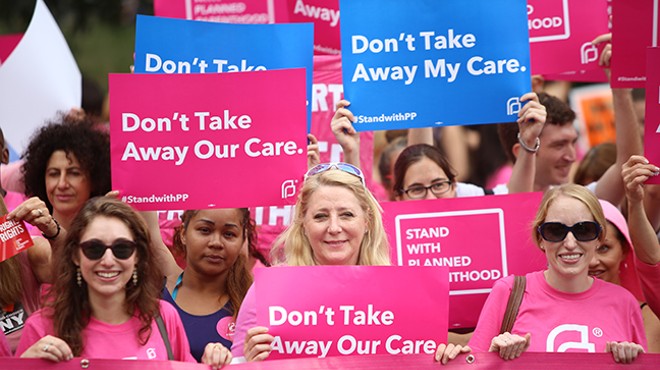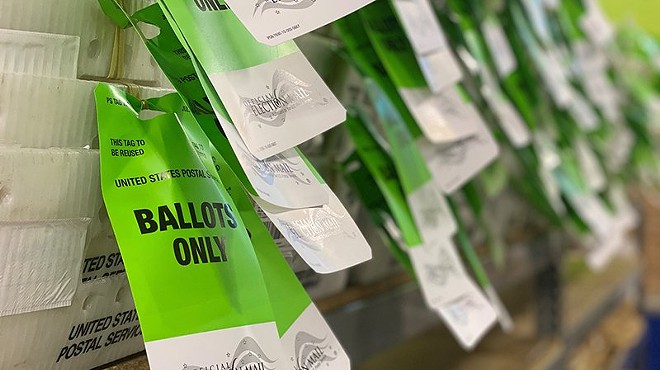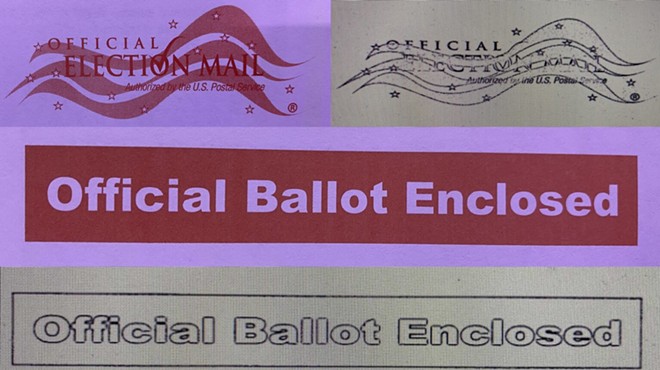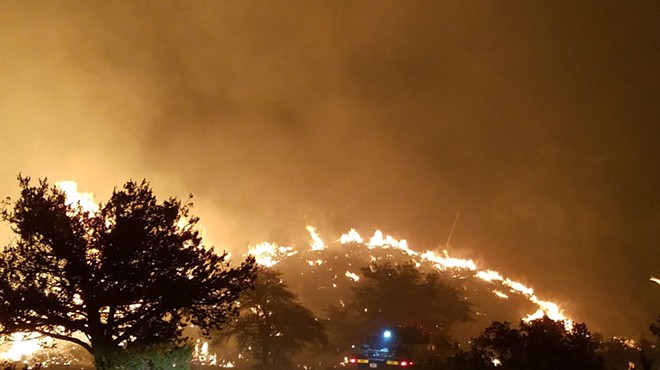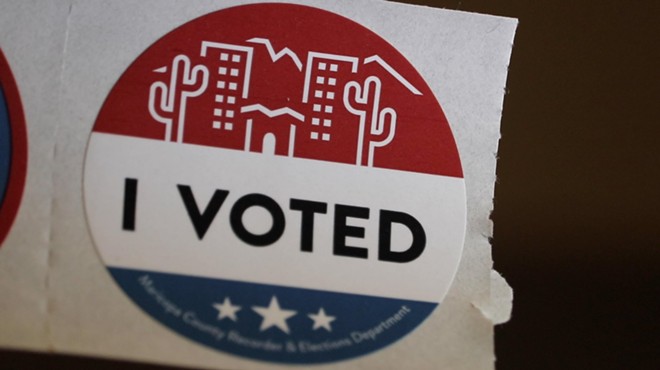Tuesday, May 11, 2021
State Vaccine PODs Prepare to Vaccinate Children 12 to 15, Pending CDC Approval
After the Food and Drug Administration’s emergency use authorization of Pfizer for children 12 to 15 on Monday, the Advisory Committee on Immunization Practices and CDC are expected to approve and recommend the use of Pfizer to vaccinate those 12 and older on Wednesday.
The Pfizer vaccine is currently available for those ages 16 and older. The Moderna and Johnson & Johnson vaccines are authorized for those 18 and older.
“The COVID-19 vaccines are safe, effective and free ‒ and they’re our best shot to end this pandemic and return to the things we’ve missed. We’re moving quickly to empower parents and guardians to get this protection for their children,” said Gov. Doug Ducey. “Millions of Arizonans have already received the COVID-19 vaccine. Soon, kids ages 12 to 15 years old will now be eligible to get vaccinated and state vaccine sites are ready to serve them.”
Arizona has nearly 400,000 youths ages 12 to 15, about 5 percent of Arizona's population. As of Tuesday, 5,383,508 vaccines have been administered in Arizona, with 35% of Arizonans fully vaccinated.
“We’re delighted to be able to welcome these young people to state-run mass-vaccination sites starting Thursday,” said ADHS Director Dr. Cara Christ. “These safe, highly effective, and free vaccines are our best shot at returning to normal, and having more vaccinated individuals gives COVID-19 less of a chance of spreading.”
The University of Arizona POD, as a state site, will vaccinate children 12 to 15 and although it will close on June 25, they had factored the drop in vaccination age into their decommission plan, said Vice President of Communications Holly Jensen.
“We will continue to monitor the numbers, and are ready to adjust if necessary,” said Jensen.
Once CDC makes the recommendation, parents and guardians may bring those ages 12 to 15 to state vaccination sites starting Thursday. They must accompany the child and sign a consent form in person, which states that the child is at least 12 years old. No identification is required for the child and place of permanent residence is not a factor.
Parents and guardians also will be able to register those ages 12 to 15 for vaccination starting at 8 a.m. Thursday by visiting podvaccine.azdhs.gov or calling 844-542-8201 to be connected with someone who can assist in English or Spanish. However, appointments are no longer required for state-run sites.
Pharmacies and other providers with Pfizer, like CVS and Walgreens also plan to begin vaccinating those 12 and older as soon as the vaccine is approved.
“We’re fully prepared to administer the Pfizer-BioNTech vaccine to children ages 12-15 at thousands of CVS Pharmacy locations nationwide as soon as permitted,” said Sr. Communications Consultant for the Western Region, Monica Prinzing.
ADHS also worked with rural counties to identify pharmacies that offer the Pfizer vaccine and get them additional doses to accommodate the age expansion.
Dr. Cadey Harrel, a family physician at Agave Community Health & Wellness, has been waiting for the approval of the vaccine for children, not only as a physician but also as a parent.
Harrel has three young children who still do not qualify for the vaccine. She is waiting for the projected September authorization of Pfizer for children younger than 12, which is currently under study.
“Obviously studies need to be done, and rightfully so, to ensure that not only we have effective dosing of vaccines, but there is a good safety profile with the vaccines in children, “ said Harrel. “However, we also know that they're unique and that they are vectors for transmission of so many infectious diseases, and so having kids back in school and many of our school districts where they have not been vaccinated is only going to further perpetuate the spread of COVID-19 just like it would have any other infectious illness if we were not regularly immunizing our children.”
She said “the biggest risk” is that these vaccines become less effective due to mutating strains, as we have yet to attain herd immunity. While fewer children have been sick with COVID-19 compared to adults, and most have mild or no symptoms at all, children can still transmit the virus.
“It makes a difference if they end up being the host for a viral mutation that evades vaccine immunity and we're all back at square one, like we were at the beginning of this pandemic and that's all it takes,” said Harrel. She looks at schools as “the perfect storm for perpetuating COVID-19 variants that can evade vaccine immunity because if you think about it here you have many teachers, many administrators and parents who might be vaccinated, either partially or fully, but then children are still passing this along.”
Harrel said her son recently told her 10 children at his school had tested positive. She explained that those children could take COVID home to a partially immunized household, and those parents could get mildly ill, but host a viral mutation.
“We have to move beyond this idea of what I sometimes call ‘toxic individuality,’ the focus on me, me, me and my own personal risk,” said Harrel. “Think about your neighbors, and think about other people who are in a less fortunate situation that if they were to contract the disease because we're not controlling it through vaccines, they are going to be much worse off.”
For parents or guardians who may be hesitant to get vaccinated and now have the opportunity to vaccinate their children, Harrel wants them to know the vaccines are the “safest out there,” based on preliminary research and research behind the mRNA nano protein technology, used for Pfizer and Moderna vaccines. She also said people should look to physicians and medical professionals to inform their decision.
“The general public needs to take note of what physicians are doing. What are physicians doing? Are they vaccinating themselves? Are they vaccinating their children?” said Harrel. “In general, the medical professionals are going to be the most qualified to comment on the safety and the efficacy of vaccines, and so pay attention to what they're doing with themselves and with their loved ones, because if they are vaccinating, then you probably should be too.”
Harrel and her husband participated in the Moderna trial and tried to enroll her children in a study. She also advises her own patients to get vaccinated but said her office and others like hers still have barriers to receiving vaccines, due to the shelf life and temperature requirements for Pfizer and Moderna different from the standard vaccines they carry.
“I can't emphasize enough the importance of vaccinating,” said Harrel. “The only way in a pandemic that we're really going to control the community transmission of COVID-19 is if all members of the general population are able to be vaccinated.”






